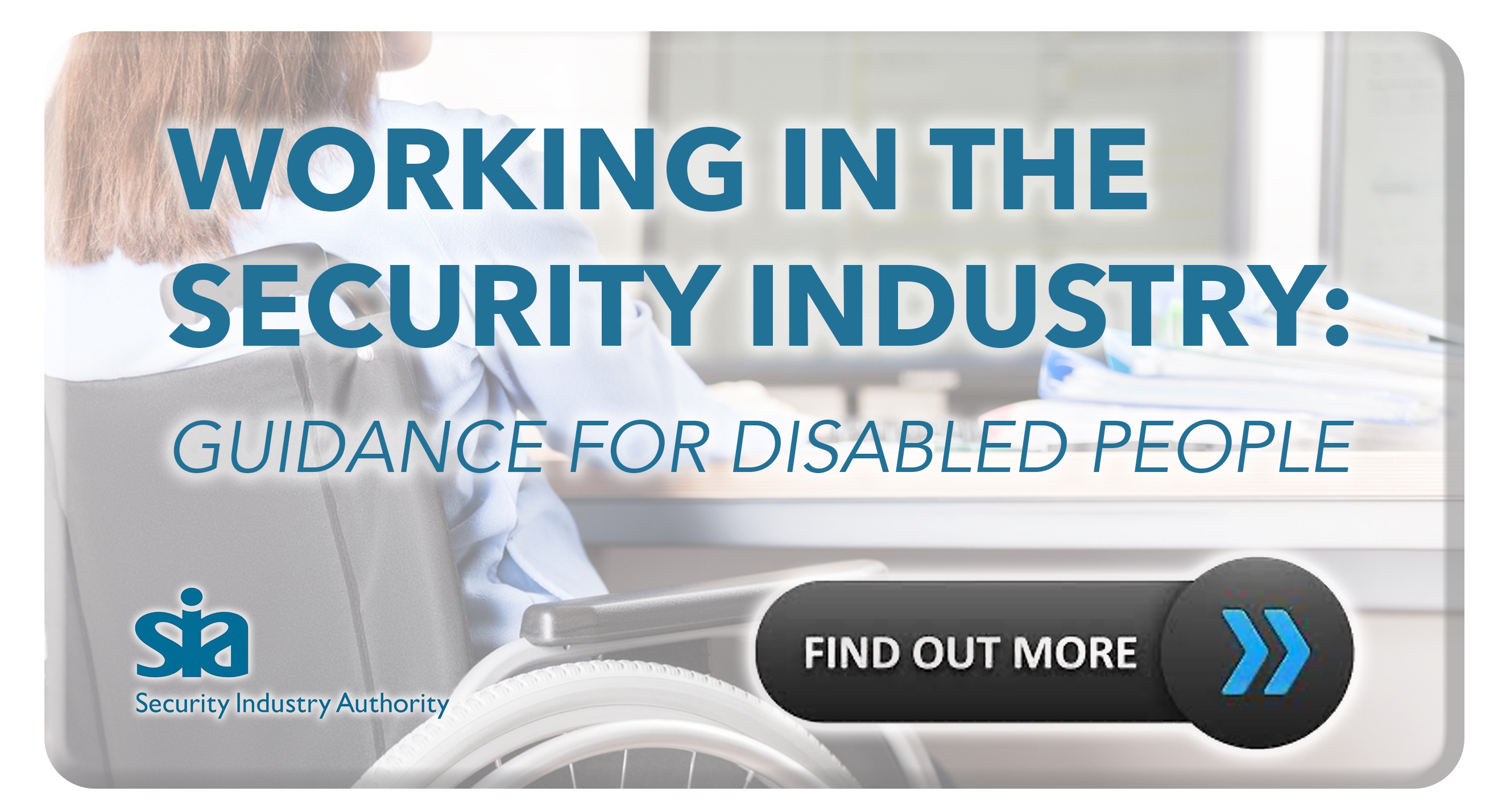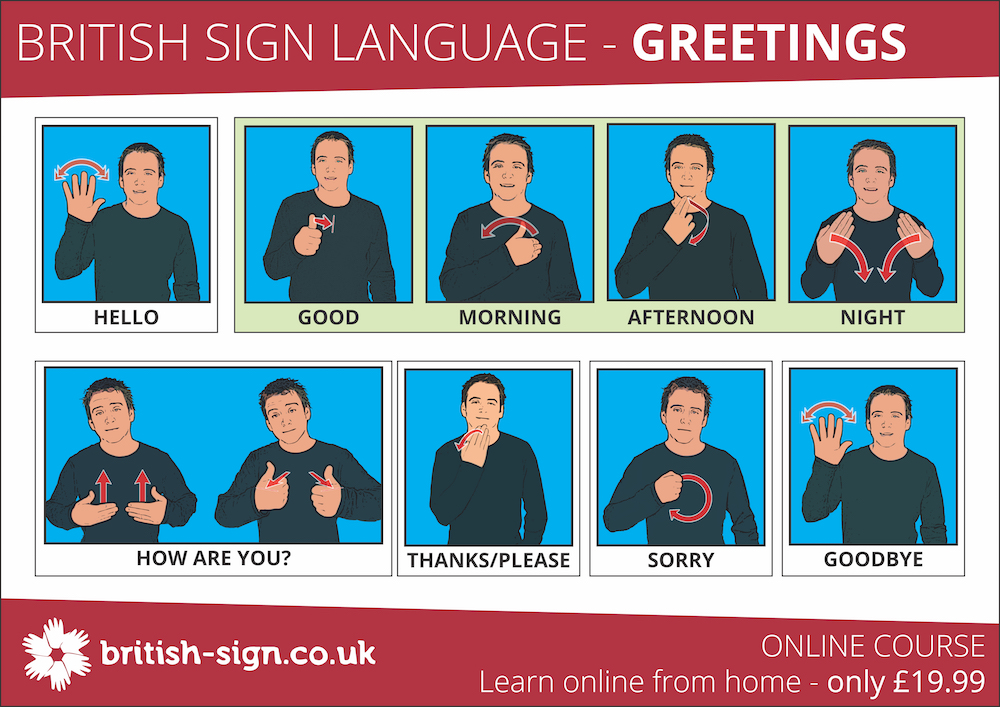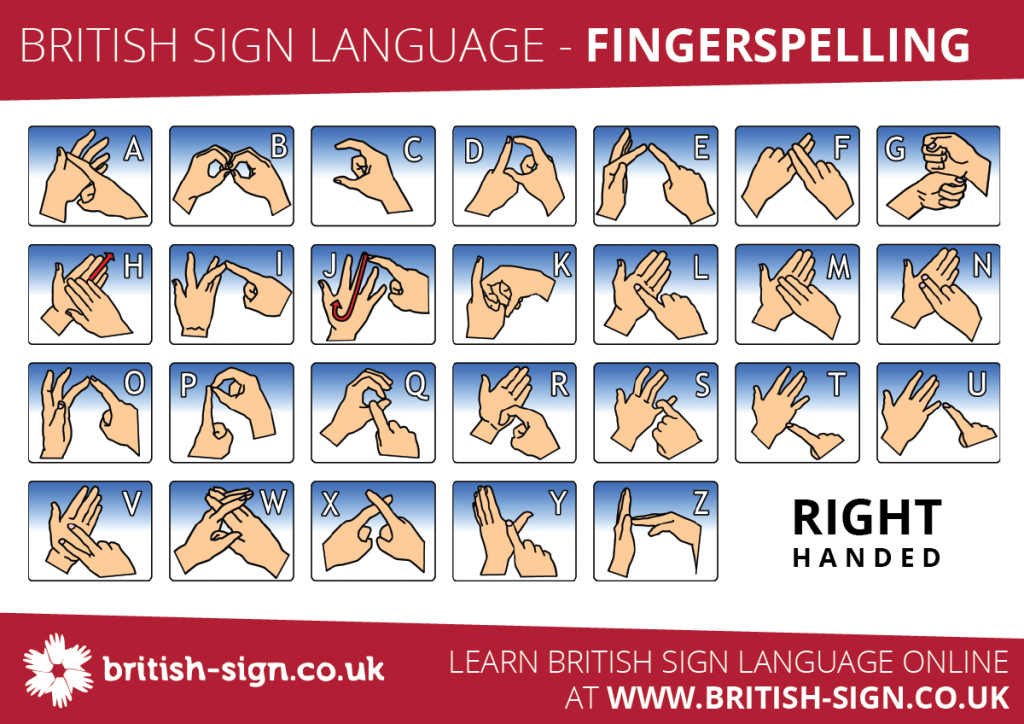Promoting equality, diversity and inclusion should be an aim of all workplaces, regardless of sector or size. On this page, we will explain what equality, diversity and inclusion means, why it is important in the workplace, and how we can help create a better work environment for all.
Click here to view our Equality and Diversity Policy and Equal Opportunities Policy.
If you require any extra support, for any reason, please contact us.

Whilst equality, diversity and inclusion are closely related, and often discussed as a single concept, it is useful to consider the individual terms and their meanings.
Equality refers to providing equal opportunities to everyone and protecting people from being discriminated against.
Diversity refers to recognising and respecting and valuing differences in people.
Inclusion refers to an individual's experience within their workplace and in society, and the extent to which they feel valued and included.
The Law- Equality Act 2010
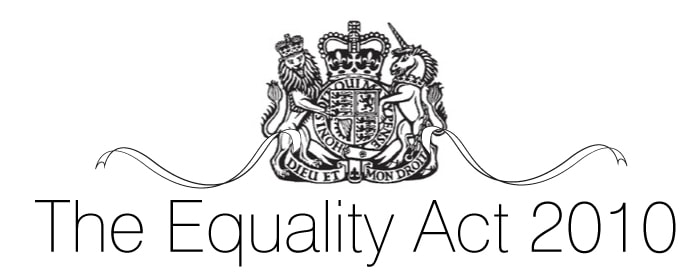
The Equality Act 2010 legally protects people from discrimination in the workplace and in wider society.
When we’re making decisions, the Equality Act 2010 gives us a duty to take into account the need to:
- eliminate discrimination, harassment and victimisation
- advance equality of opportunity
- foster good relations between different parts of the community
The Equality Act protects people against discrimination on the grounds of protected characteristics, of which there are 9:
- age
- disability
- gender reassignment
- marriage and civil partnership
- pregnancy and maternity
- race
- religion or belief
- sex
- sexual orientation
We are required to consider all individuals in their day to day work, in shaping policy and in providing services. This is in line with the Public Sector Equality Duty (PSED) introduced by the Equality Act 2010.
You can view the full law here
Why the Security Industry Needs Women, by Women
Article by Experts Security UK
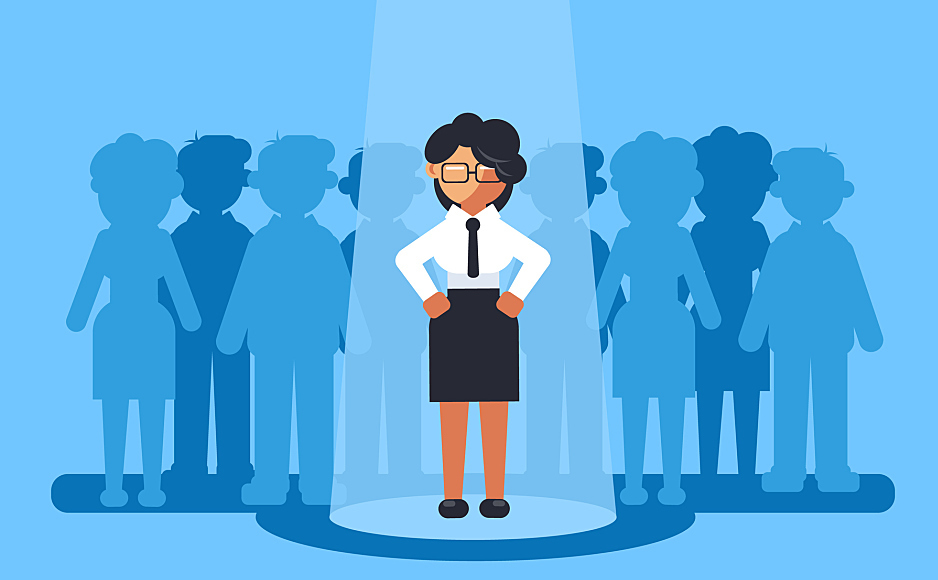
The security industry needs more women and overcoming stereotypes is the biggest problem that women face when trying to enter the security industry. If people assume a man has more knowledge, or always address their emails ‘Dear Sir’, is it any wonder that women are put off?
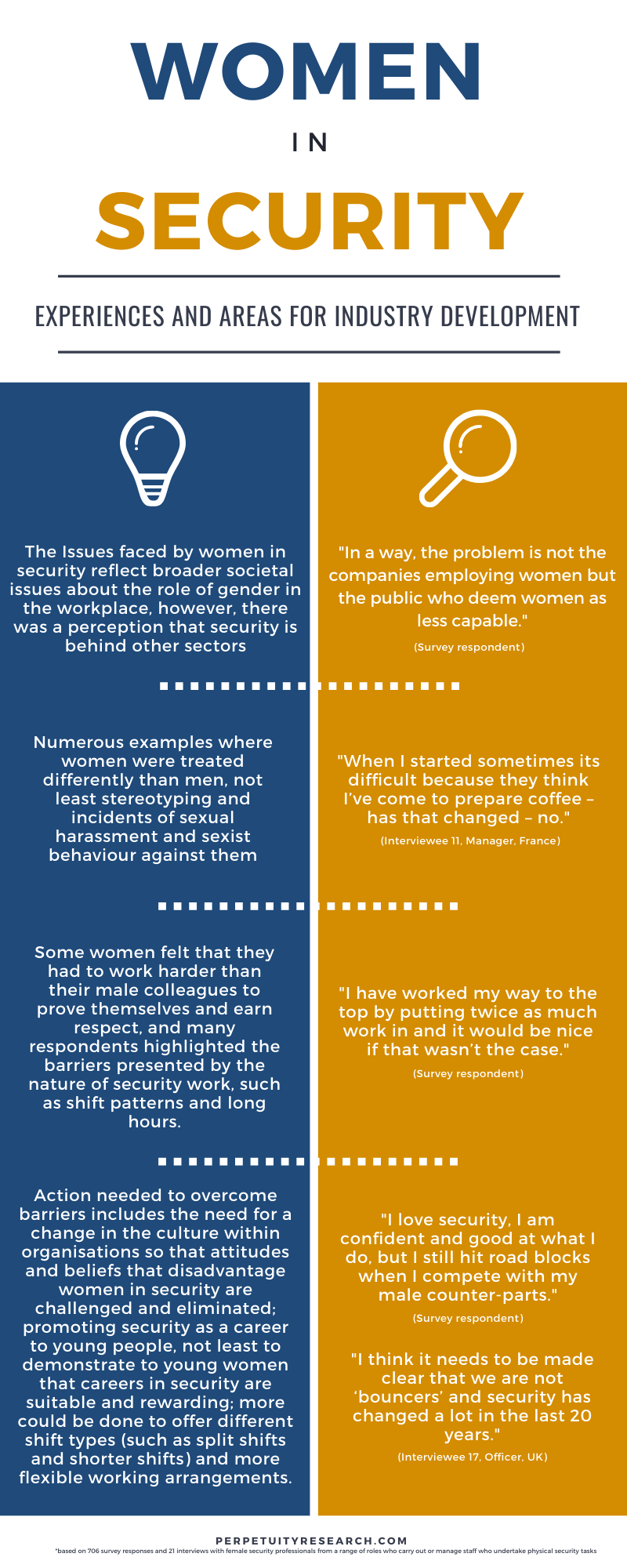
What counts as a disability in the workplace?
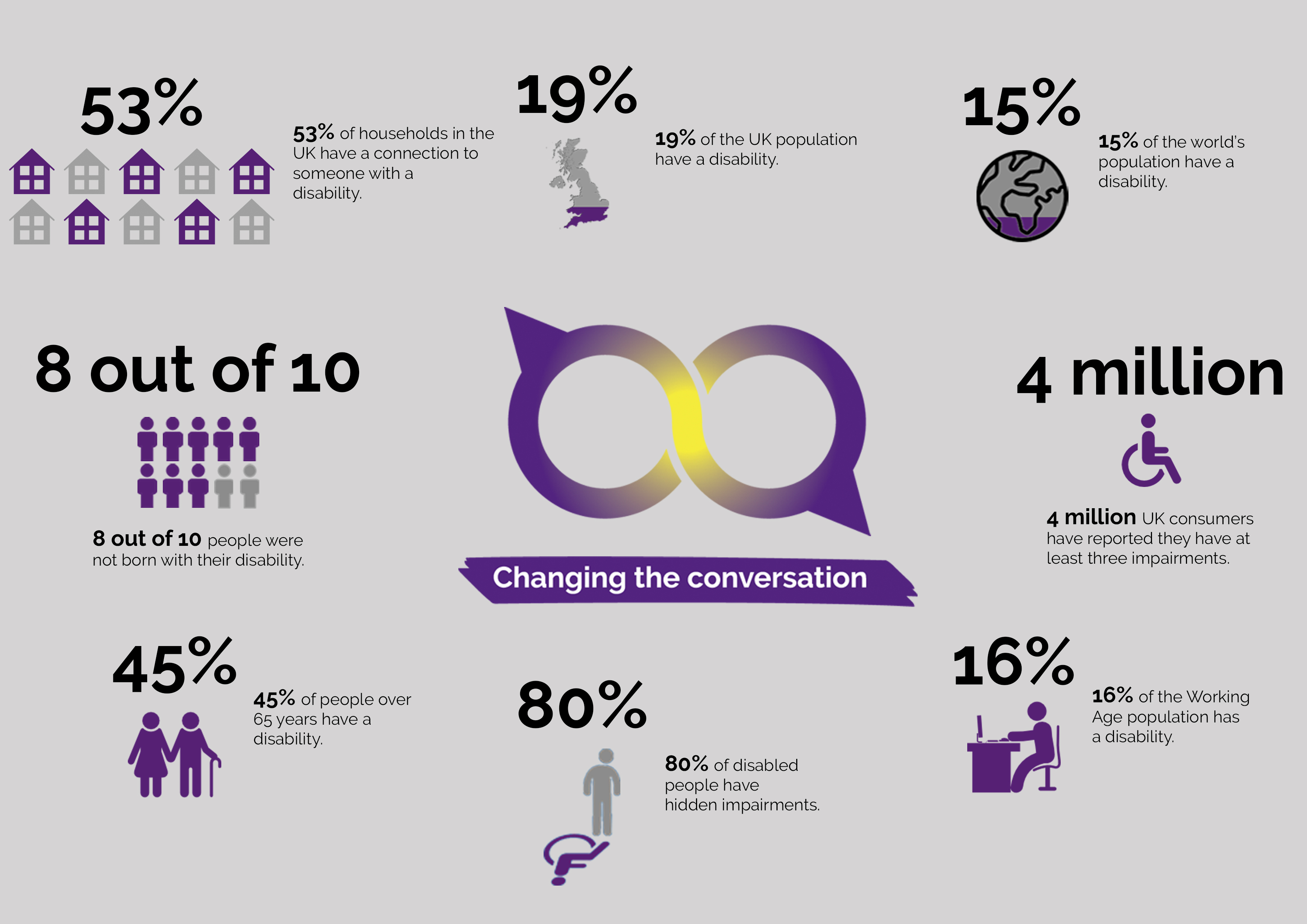
Under UK employment law, someone is defined as disabled if they have a mental or physical health issue which:
RNIB's 'See the person, not the sight loss' Campaign

Royal National Institute of Blind People (RNIB) want people to see sight loss differently, so through their biggest-ever advertising campaign, they aim to show people how their actions can be supportive.
Blind and partially sighted people can live the lives they want to lead but how others behave - and what they think - can often get in the way.
Disability Confident Committed
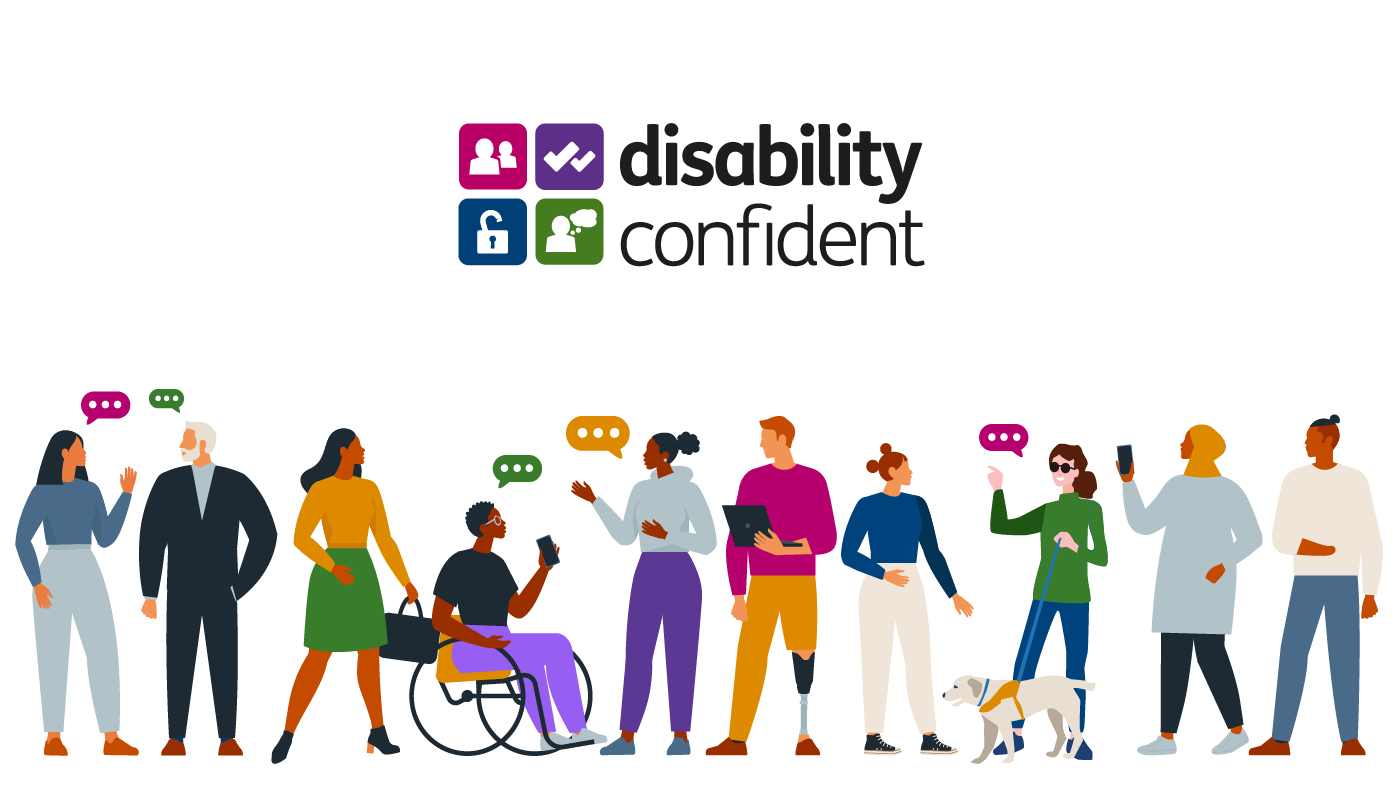
Leisuresec are proud to be Disability Confident Committed. Disability Confident is creating a movement of change, encouraging employers to think differently about disability and take action to improve how they recruit, retain and develop disabled people. Being Disability Confident is a unique opportunity to lead the way in your community, and you might just discover someone your business cannot do without.
It was developed by employers and disabled people’s representatives to make it rigorous but easily accessible – particularly for smaller businesses. The scheme is voluntary and access to the guidance, self-assessments and resources is completely free.
These are the commitments Leisuresec has taken to become a Disability Confident Committed.
1. Ensuring the recruitment process is inclusive and accessible
- ensuring against discrimination
- making job adverts accessible
- providing information in accessible formats (for example, large print)
- accepting applications in alternative formats (for example, electronically)
2. Communicating and promoting vacancies
- advertising vacancies through a range of channels, and use your Disability Confident badge to make sure potential applicants know you are an inclusive employer
- getting advice and support from Jobcentre Plus, Work and Health Programme providers, (If you’re in Scotland contact Fair Start Scotland) recruiters and/or your local disabled people’s user led organisations (DPULOs)
- reviewing current recruitment processes
3. Anticipating and providing reasonable adjustments as required
Employers have a duty under the Equality Act 2010 to make ‘reasonable adjustments’ in the workplace where a disabled person would otherwise be put at a substantial disadvantage compared with their colleagues.
Whether or not an adjustment has to be made depends on how ‘reasonable’ it is - and that’s something that will hinge on the individual circumstances of each case, and the resources of the employer. What is seen as reasonable for a large multi-national company might not be seen as reasonable for a very small employer.
How
- Making reasonable adjustments (such as changes to working patterns, adaptations to premises or equipment and provision of support packages) will ensure disabled workers are not disadvantaged when applying for and doing their jobs. This includes contract workers, trainees, apprentices and business partners.
- Many adjustments are straightforward and easy to carry out - particularly if there’s been a little lateral thinking about how an accommodation can be reached. Often these adjustments will cost nothing or very little.
4. Supporting any existing employee who acquires a disability or long term health condition, enabling them to stay in work
- Retaining an employee who has become disabled, thus keeping their valuable skills and experience and saving on the cost of recruiting a replacement. More information
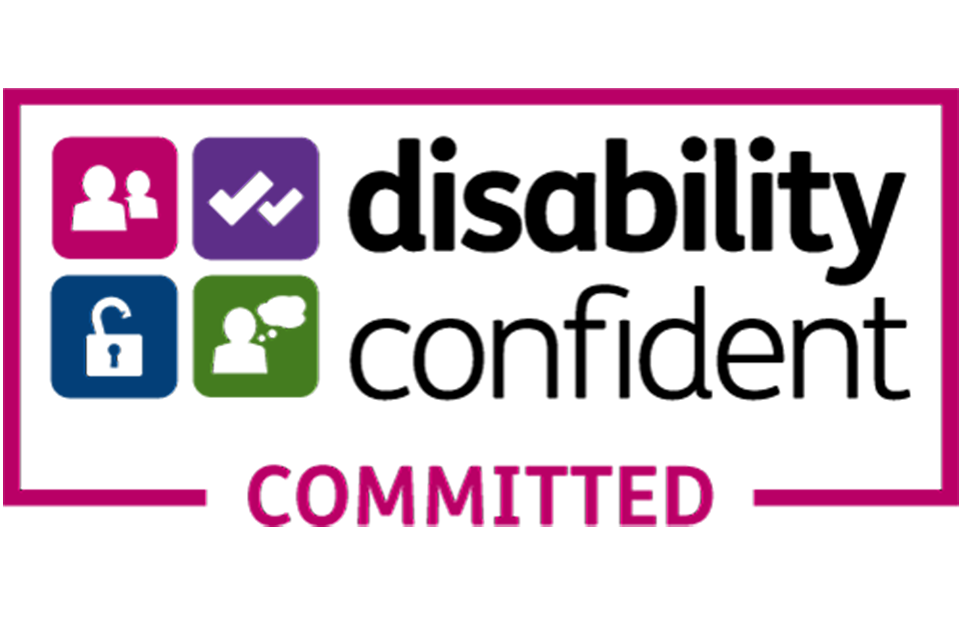

We now provide an Equality, Diversity and Inclusion toolbox talk, where we discuss the law and legislations in place, what we as a company do, what we as employees can do and how we can improve. We will schedule these with you individually, but if you would like to contact us about this or other training opportunities, you can use the training enquiry form below.
There are also various external Equality, Diversity and Inclusion Awareness training courses available, if you are interested please fill out the enquiry form below.
Training Course Enquiry Form
Equality & Diversity Quiz
Equality and diversity in the workplace means understanding your legal and moral responsibilities so that you can actively promote and accept people and their differences.
Try testing your knowledge of equality and diversity to see how much you know about equality and diversity.
Age Diversity in the Work Place
There is little doubt that diversity and inclusion in the workplace enhance engagement, innovation, decision-making and performance. The benefits of diversity and inclusion have been most widely examined in terms of race and gender, possibly because of the social justice implications of a lack of diversity in those areas. But workers over 40 also represent a major segment of the population facing workplace discrimination. It’s essential that employers remember the importance of age diversity, too.

Why Cultural Diversity Benefits the Workplace
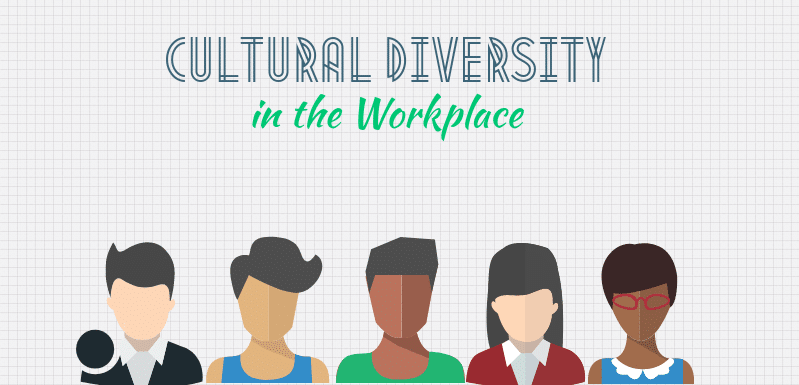
Increasing cultural diversity in your workplace isn’t just an “empty slogan” – according to the Harvard Business Review, cultural diversity in the workplace is beneficial to success.
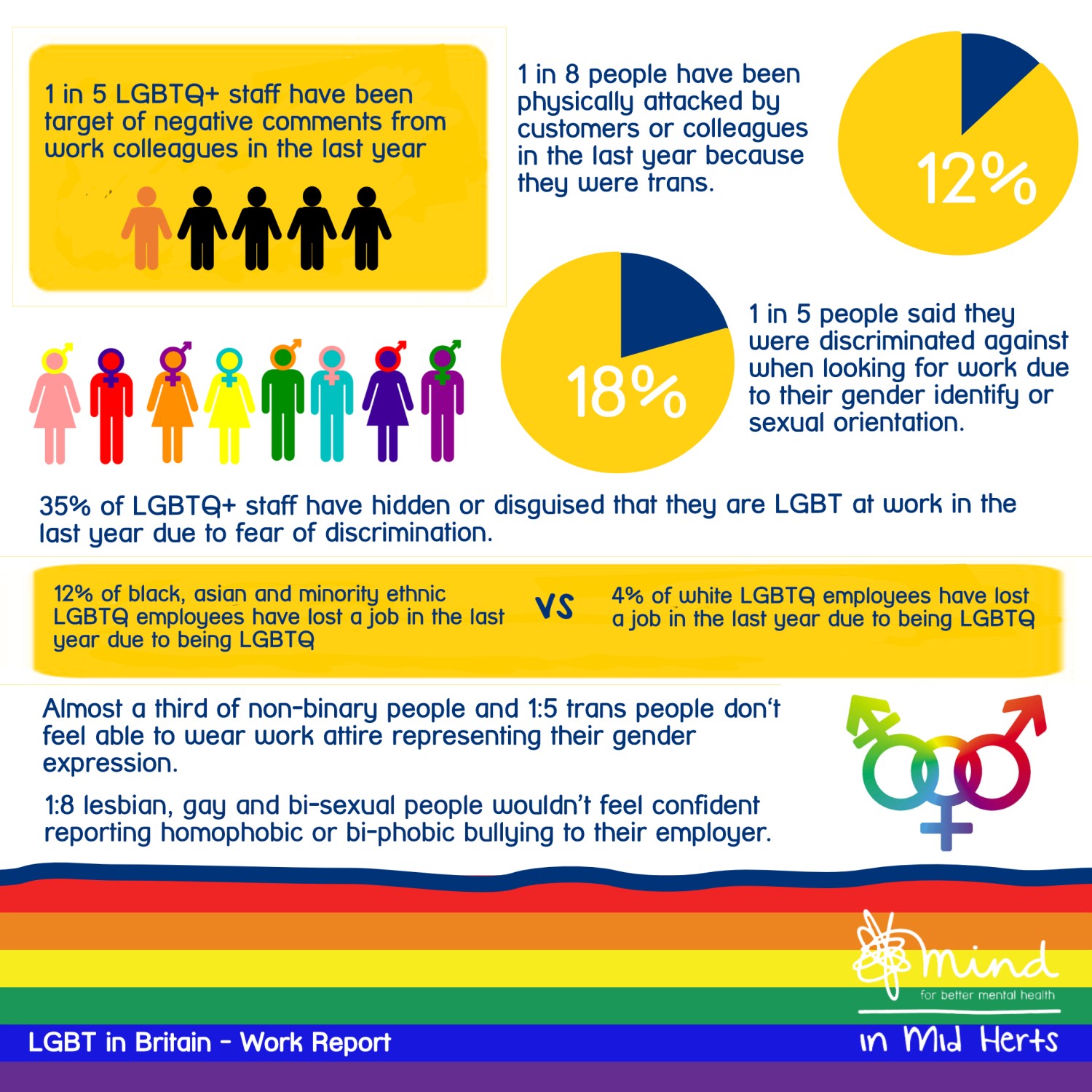
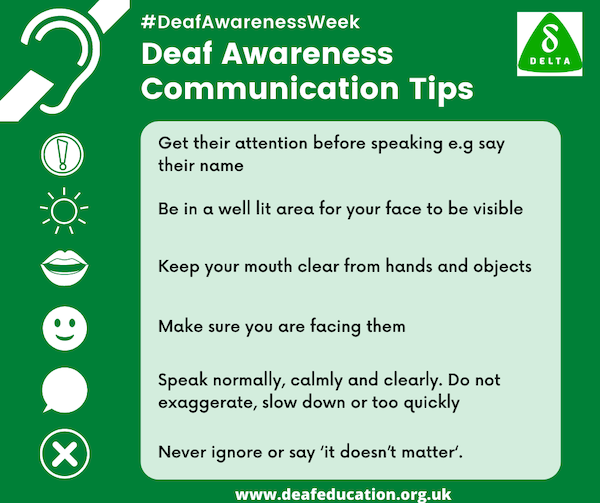
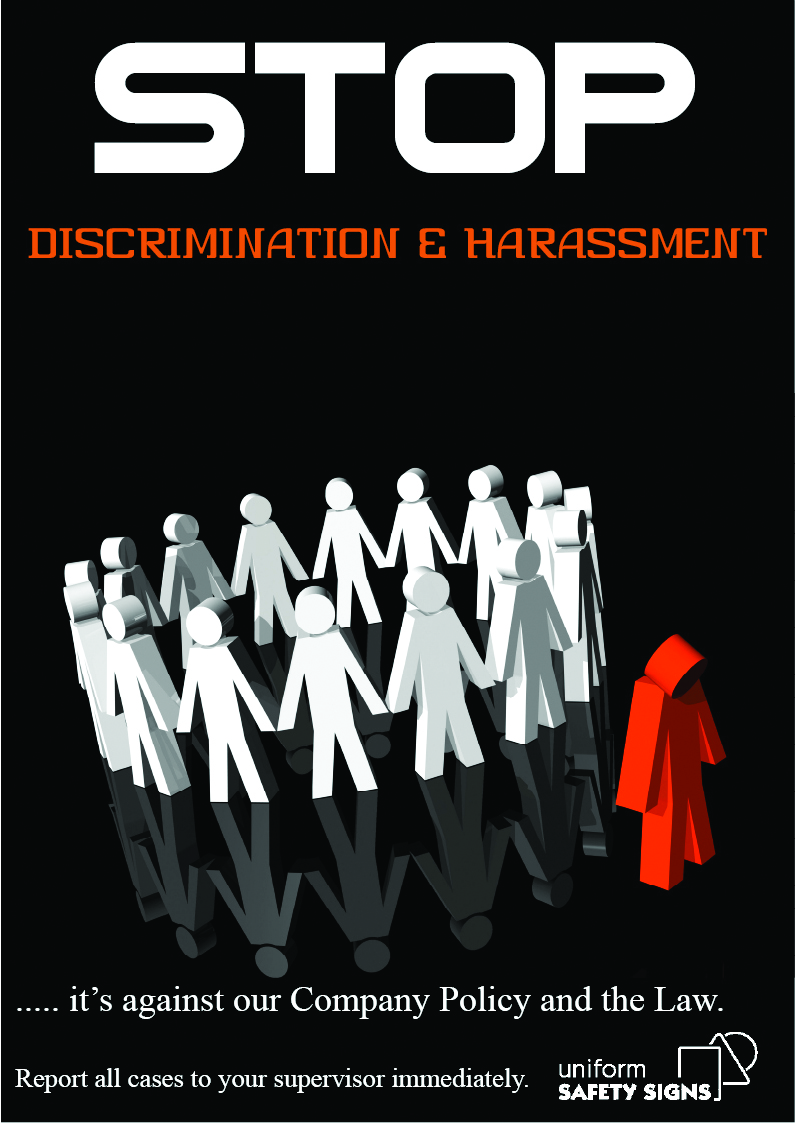
Discrimination is Not Acceptable
Have you experienced discrimination in the workplace? We at Leisuresec do not tolerate discrimination and want you to feel safe and happy at work, so we take all complaints seriously.
If you think you’ve been unfairly discriminated against you can either contact us directly or by using the below complaint form.

